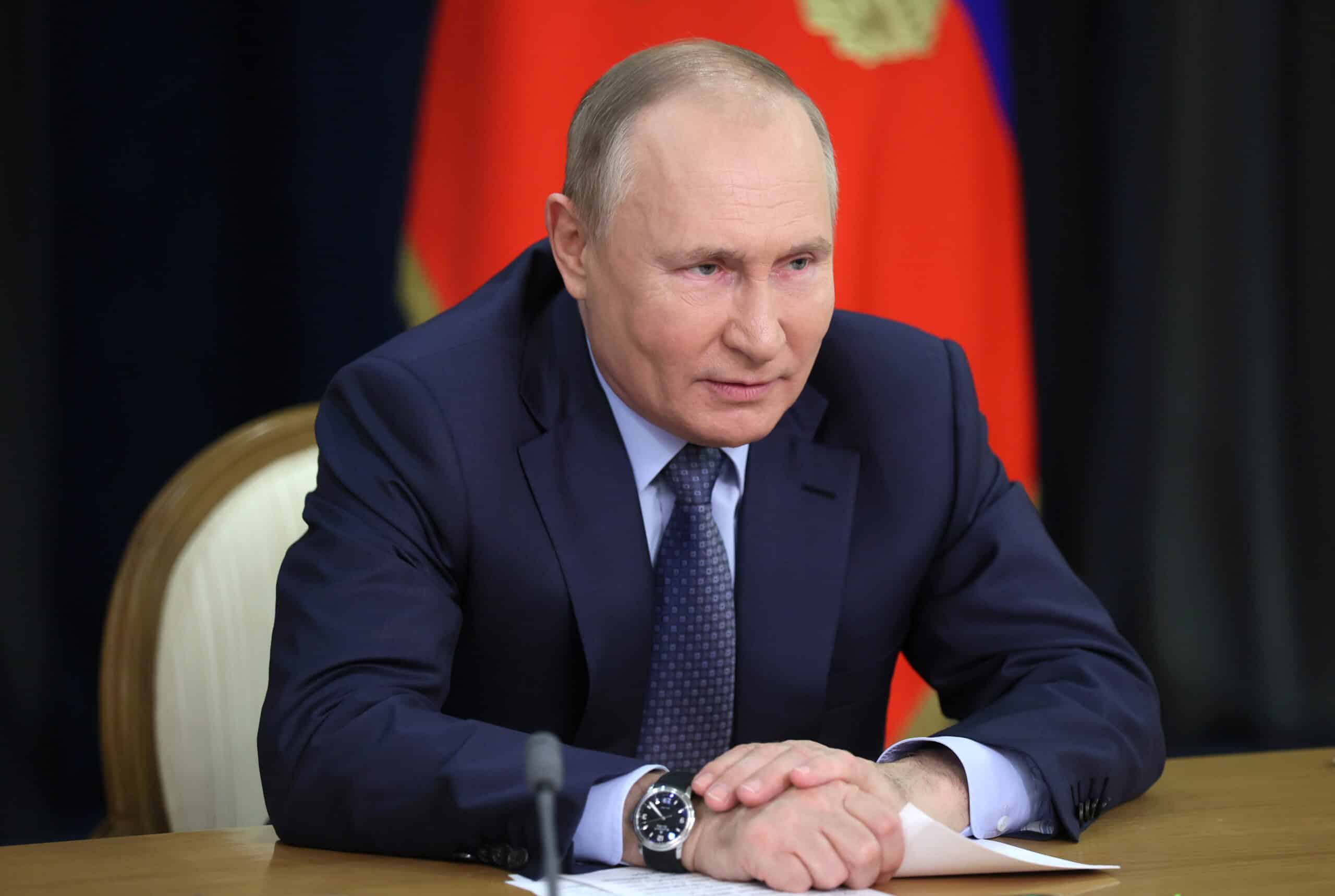
Russian lawmakers have set the date for the country’s 2024 presidential election as March 17, potentially paving the way for Vladimir Putin to secure a fifth term. The Federation Council, Russia’s upper house, unanimously approved this decision. Valentina Matviyenko, the Council’s speaker, acknowledged that this signifies the beginning of the election campaign.
While Putin has not yet formally announced his candidacy, it is broadly anticipated given the recent constitutional reforms allowing him to seek two additional six-year terms. This could enable him to remain in power until 2036. Putin’s victory appears almost certain, as prominent opposition figures are either incarcerated or in exile, and most independent media in Russia have been suppressed.
Despite the ongoing conflict in Ukraine and internal challenges, Putin reportedly maintains high approval ratings, according to independent pollsters. The opposition leader, Alexei Navalny, currently imprisoned, has urged his supporters to vote against Putin.
So far, two candidates have expressed intentions to run: former lawmaker Boris Nadezhdin and journalist-lawyer Yekaterina Duntsova. Igor Strelkov, a jailed hard-line nationalist, has also shown interest, but his candidacy seems improbable due to extremism charges.
Candidates like Nadezhdin and Duntsova face challenges in getting on the ballot, needing either a nomination from one of the five political parties in the State Duma or gathering a significant number of signatures across various regions.
Putin has varied his approach in previous elections, running as an independent in 2018 and as a nominee of the United Russia party in 2012. A Just Russia party has expressed willingness to nominate Putin for the upcoming election, although it’s unclear if the Kremlin supports this plan.
The central election commission is considering online voting and extending the voting period to three days, which has been criticized by independent election monitors. These measures, along with other restrictions on monitoring, are expected to significantly limit the scope for independent observation, as noted by Stanislav Adnreychuk, co-chair of the election monitoring group Golos.



 and then
and then